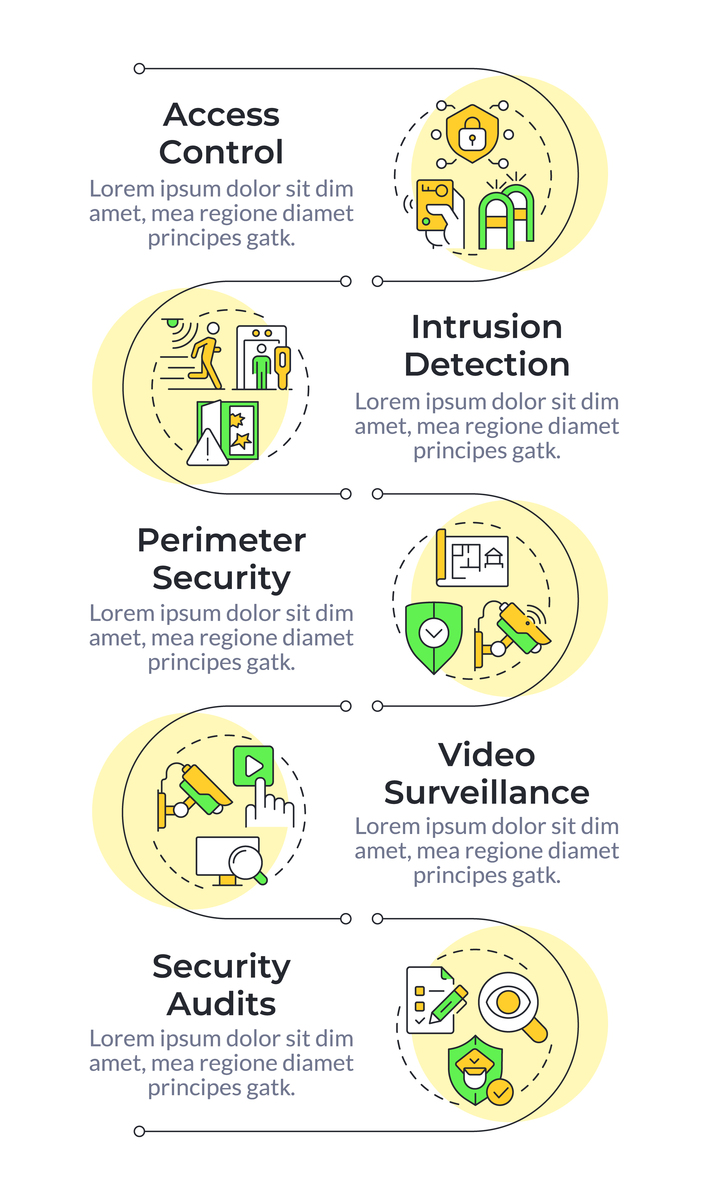Understanding the 'If-Converted' Method for Calculating Earnings Per Share
The 'if-converted' method is an accounting approach used to calculate a company's diluted earnings per share (EPS). This method determines how EPS would be affected if convertible securities, like bonds or preferred stock, were converted into common stock.
The key assumption of the 'if-converted' method is that the conversion of these securities happens at the beginning of the earliest period reported, or at the time of issuance if that's later.
Here's why this timing matters:
- Earlier conversion means more shares outstanding for the entire period. This leads to a lower diluted EPS calculation because the net income is divided by a larger number of shares.
- Later conversion means fewer shares are outstanding for a portion of the period. This results in a higher diluted EPS, as the impact of the additional shares is only felt for part of the reporting timeframe.
The 'if-converted' method provides a more conservative view of EPS by assuming the maximum potential dilution from convertible securities.

原文地址: https://www.cveoy.top/t/topic/ifS 著作权归作者所有。请勿转载和采集!